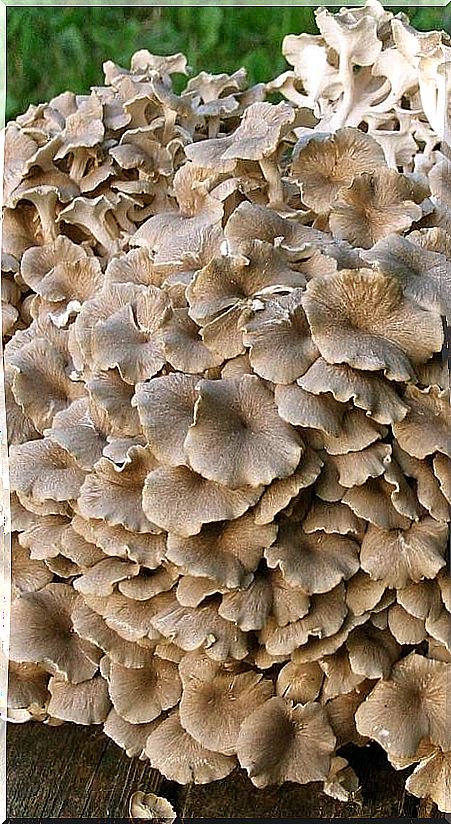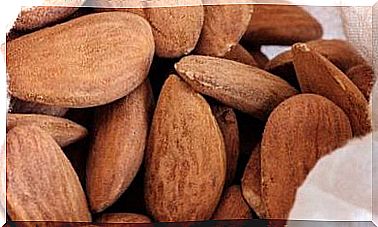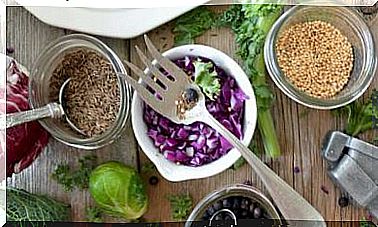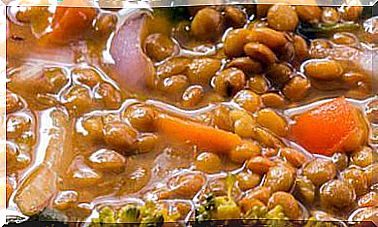3 Mushrooms To Defend Against Viruses
Three mushrooms that are part of the medicines traditionally used in China have proven properties to fight viruses, including respiratory viruses such as the COVID-19 coronavirus.

Mushrooms stimulate the immune response and some in particular have been shown to be effective in fighting viruses in general, such as flu or coronaviruses. Dr. Andrew Weil, a professor at the University of Arizona, and an expert in integrative medicine, specifically recommends three mushrooms, which can be combined to increase their effect.
Three mushrooms with antiviral properties
Cordyceps ( Cordyceps sinensis )
Consuming this mushroom increases the number of “T helpers” or helper immune cells, which help fight disease-causing pathogens. It also increases the activity of defensive cells called “natural killers” and stimulates the production of lymphocytes.
The properties of cordyceps respond mostly to the activity of a metabolite called cordycepin, but other compounds present in the fungus also participate.
Polyporus umbellatus
This mushroom, related to maitake, has been studied in China for its antitumor, immunostimulating, antibiotic and anti-inflammatory properties. It has been shown to increase the immune system’s ability to destroy potentially dangerous viruses.
Moreover, Chinese studies also show that Polyporus umbellatus can help the immune system to recover after chemotherapy and radiotherapy for lung cancer. It is therefore a lung strengthener.
Reishi ( Ganoderma lucidum )
It is known in the East as the mushroom of immortality and is one of the most scientifically studied. It contains a polysaccharide, beta-d-glucan, with a powerful immunostimulating and antitumor activity. It also has a specific action against the herpes virus.
Natural means to increase defenses against viruses
Besides fungi, there are other natural ways to fortify yourself against viruses.
Lack of rest and sleep makes us more vulnerable to the action of viruses. The melatonin, the hormone that is secreted at night, may protect the brain from the action of pathogens.
In an article in The Conversation, Professors Alejandro Romero and Franciso López Muñoz argue that melatonin could exert an anti-inflammatory, antioxidant and immunostimulatory activity against neuroinvasion caused by COVID-19.
Dr. Andrew Weil also recommends supplementation with certain nutrients:
- 200-250 mg vitamin C.
- 400 International Units (IU) (or 80 mg) of natural vitamin E (mixture of tocopherols and tocotrienols).
- 200 micrograms of selenium.
- 25,000 IU of carotenoids.
- A complex of B vitamins that includes 400 micrograms of folic acid.
It also recommends consuming two raw garlic cloves a day. They can also be added to recipes. To do this, they must be crushed well for half an hour before adding them to the preparation, which allows the formation of allicin.
Scientific references:
- Reiner et al. Treatment of ebola and other infectious diseases: melatonin “goes viral”. Melatonin Research.
- Hardeep S. Tuli et al. Pharmacological and therapeutic potential of Cordyceps with special reference to Cordycepin. 3 Biotech.
- Xiao-Ming Gao et al. Structure elucidation and immunological function analysis of a novel β-glucan from the fruit bodies of Polyporus umbellatus (Pers.) Fries. Glycobiology.
- Ming-Jinan Wu et al. Ganoderma lucidum mycelia enhance innate immunity by activating NF-kappaB. Ethnopharmacol .









